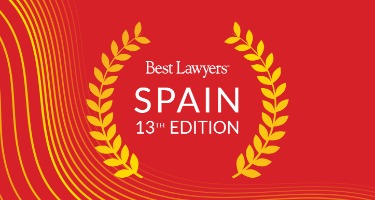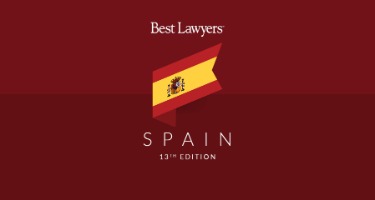The progressive increase in the aggressiveness of the Spanish tax authorities in interpreting and applying tax regulations has not only posed a problem for taxpayers, but also for tax advisors, each time their clients are investigated.
The matter began to acquire special relevance with the so-called “Messi case”. The internationally renowned football player, Lionel Messi, was tried and convicted in 2017 by the Spanish Supreme Court for defrauding the Spanish treasury 4.1 million euros through a structure of companies, some of them located in tax havens.
The fact is that the footballer's defense argued that the delegation of functions in the contracted tax experts should exempt him from any criminal liability. They argued that, since he was football player and was not qualified to handle the tax matters, they delegated those functions to qualified tax advisors. Consequently, they argued that, precisely because he was not qualified to handle the tax matters and therefore delegated the task, he was not qualified to verify if their advice was correct or not.
However, the Spanish Supreme Court did not accept this thesis of exoneration and reaffirmed that he was fully aware that his actions and signing of documents led to the result of tax fraud. The Spanish Supreme Court also made the distinction between the concepts of "delegation" and "commission". For the court, there can be no delegation in terms of taxes, given the fact that tax obligations are legally non-delegable and non-transferable.
It is clear from the above that the criterion set out by the court is that, the fact that any negative tax result for a taxpayer may derive from the tax advisors’ commission does not exonerate the taxpayer from any potential criminal offense. Notwithstanding the aforementioned, the court also took the opportunity to remind tax advisors that, without prejudice of the responsibility of taxpayers as the perpetrators of the offenses, tax advisors could also be considered accomplices or inciters of the offense.
[RELATED: China's nomination deadline is Friday, May 3]
We could now talk about the disproportionate reaction of institutions (both, tax authorities and courts); particularly in view of the fact that usually, the taxpayer’s strategy is not contrary to the regulations, but the most tax-efficient option according to the regulations in force. And we could say that, if those institutions do not feel comfortable with the results in terms of tax collection, maybe the fairest and most honest way to change the situation would be to change to regulations to forbid whatever conduct they consider inappropriate, instead of attributing a criminal offense to someone who chose the most efficient scheme allowed by the regulations in force. But we are not here to judge, only to inform.
In any case, given all the above, you should take into consideration the following advice: You should always request from your tax advisor to properly document his advice and recommendations and duly warn you of the risks that may be incurred. Otherwise, you might be assuming a considerable risk.
------------
Mariano Roca is a tax and private client practitioner focused on corporate and individuals advice (specialized in tax, wealth and inheritance advice for HNWI). He began his professional career in Cuatrecasas Gonçalves Pereira from 1997 until 2012. In 2012, he joined KPMG from 2012 until 2015 where co-led the family business and private client practice in the Barcelona, Girona, Balearic Islands, and Andorra offices. On January 2016 he joined 453 Law, leading as a partner the firm’s tax department. Mariano has been listed in Best Lawyers since 2013 and won the “Lawyer of the Year” award in 2014 and 2015. He has been once again recognized with the “Lawyer of the Year” award in tax practice for 2018.
































